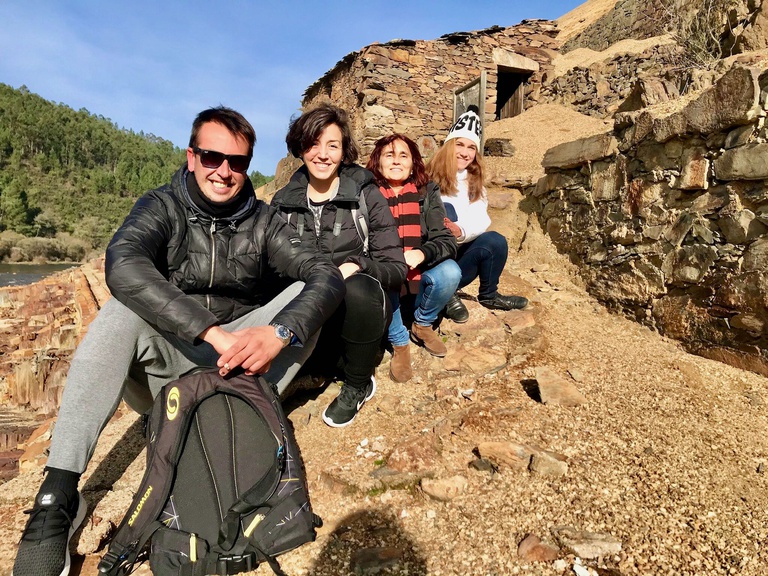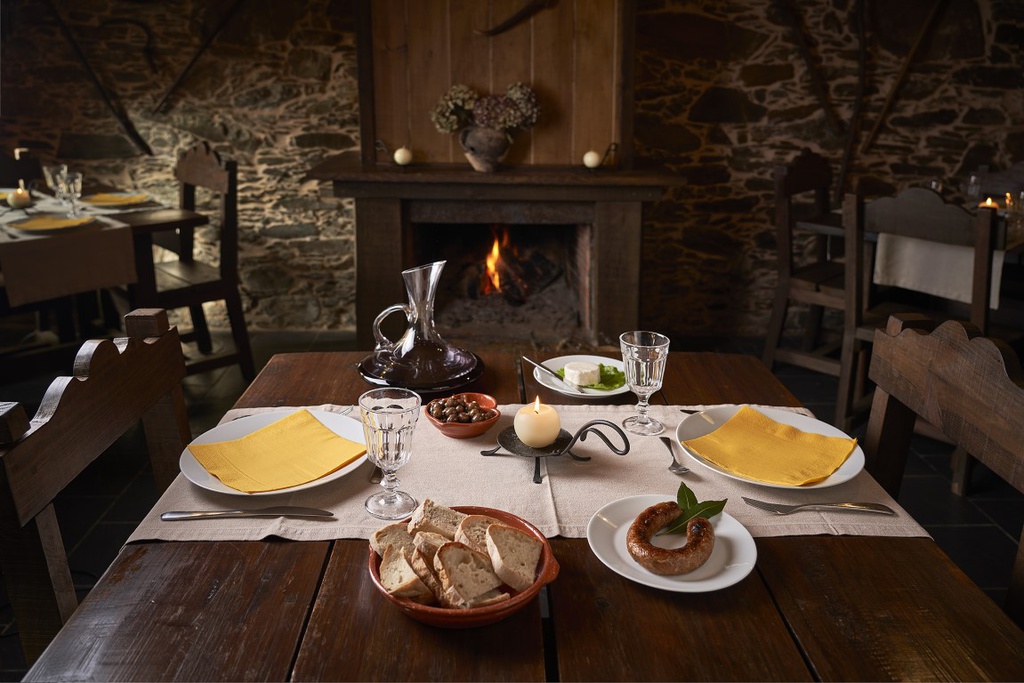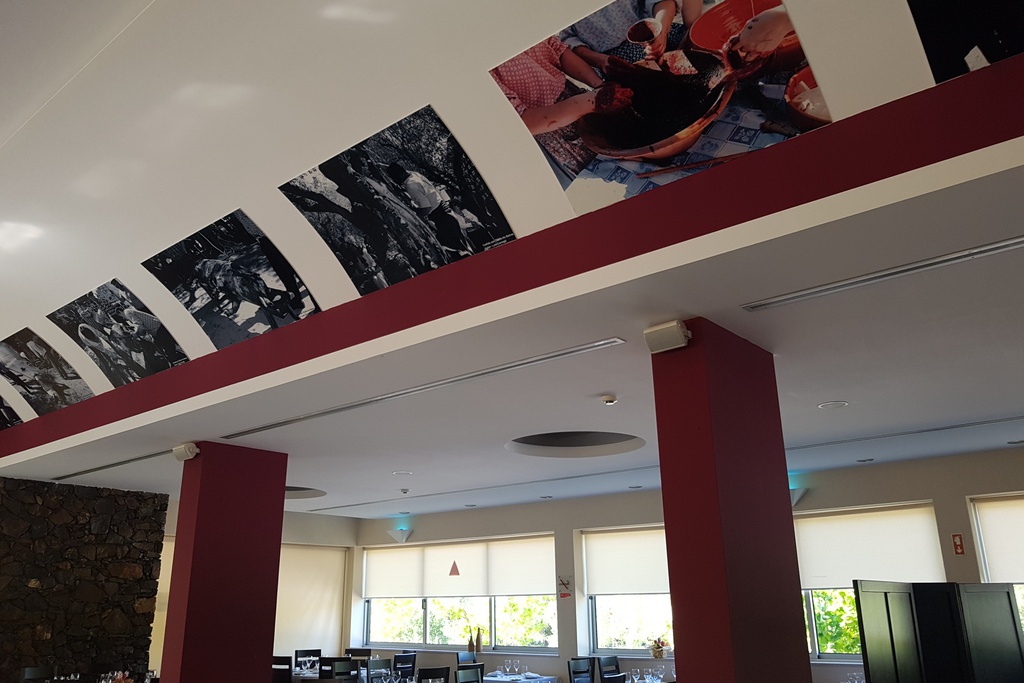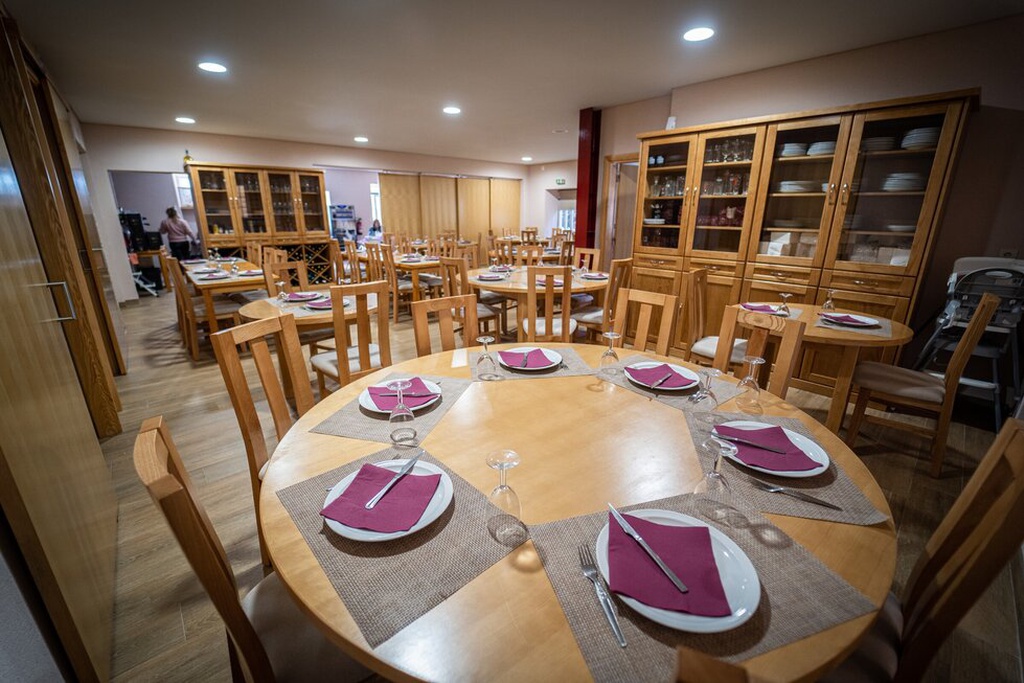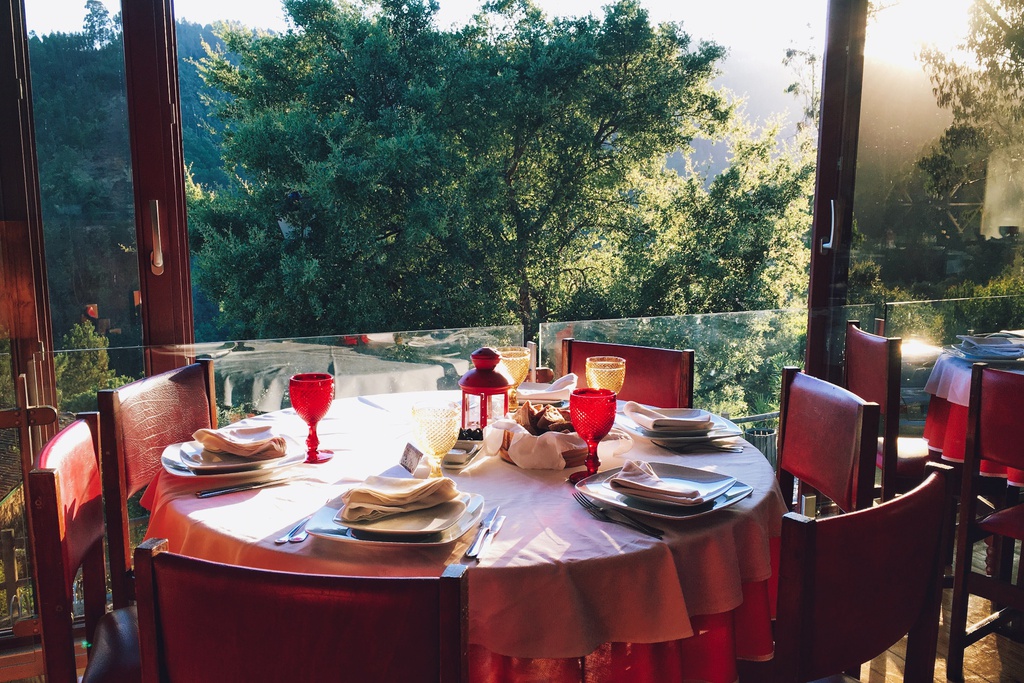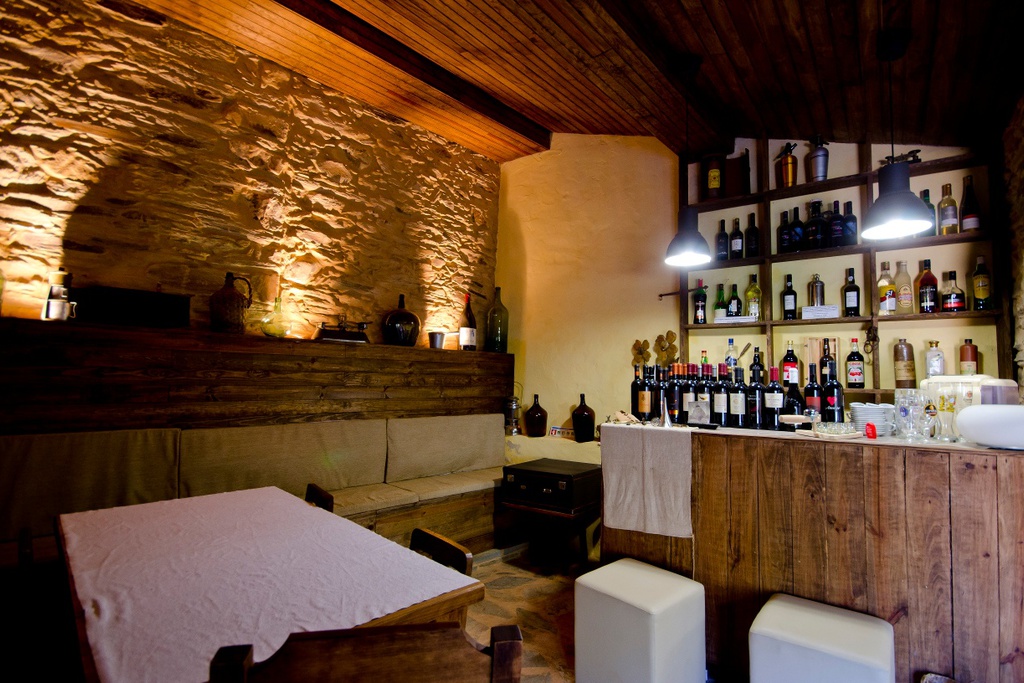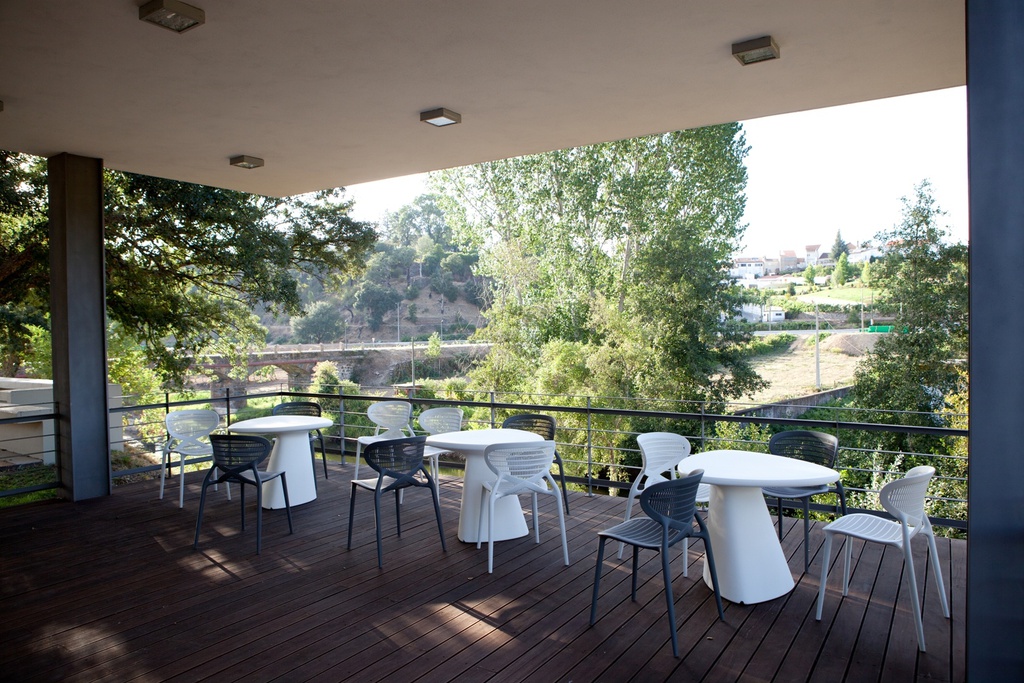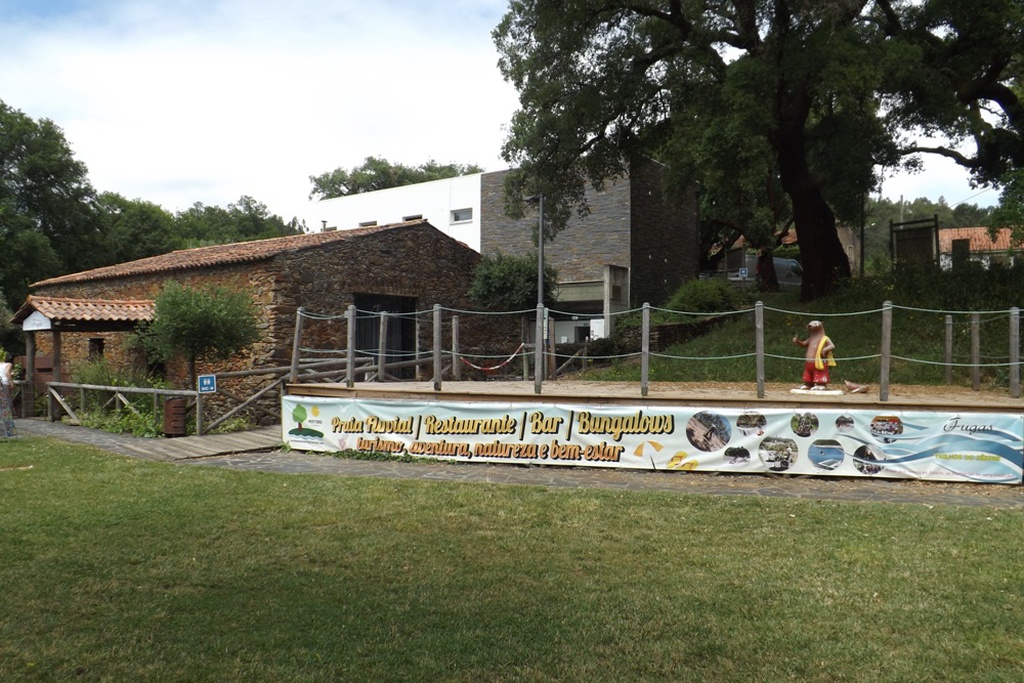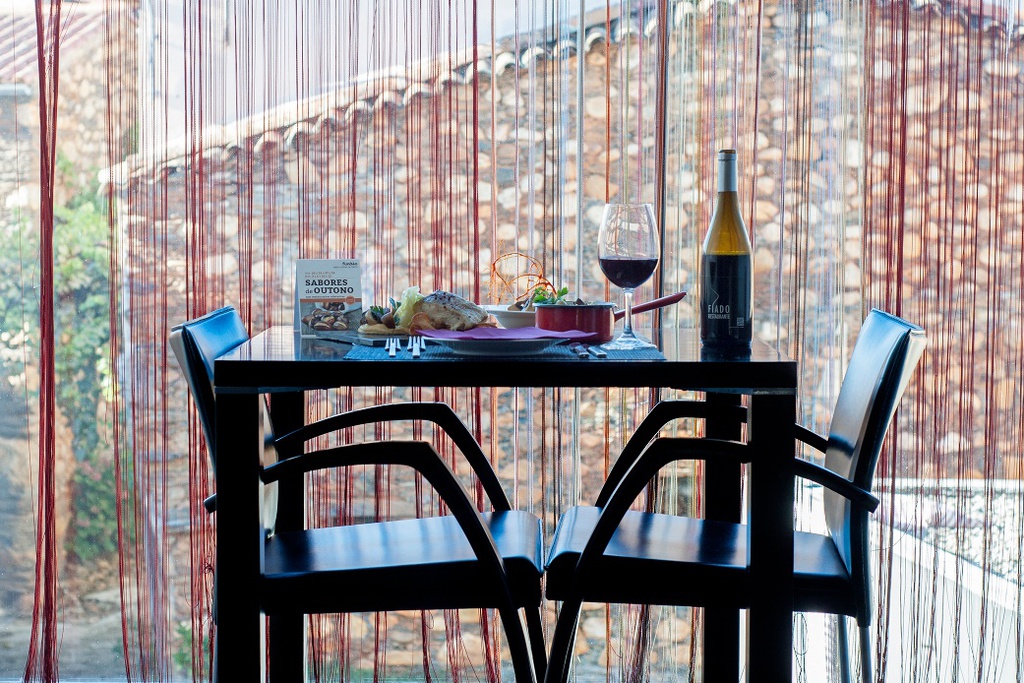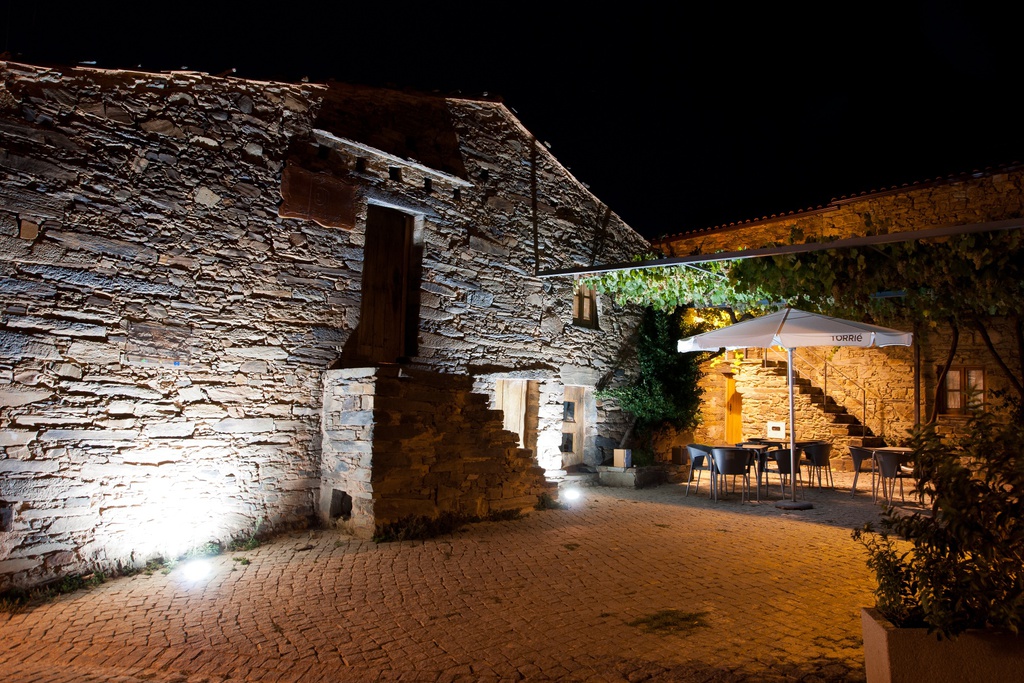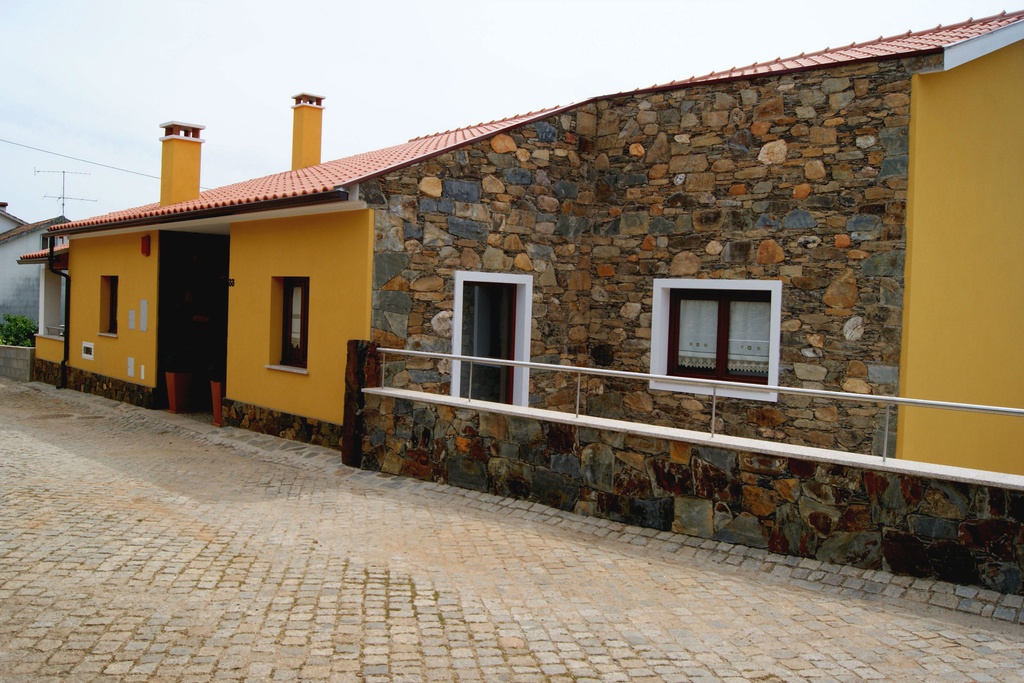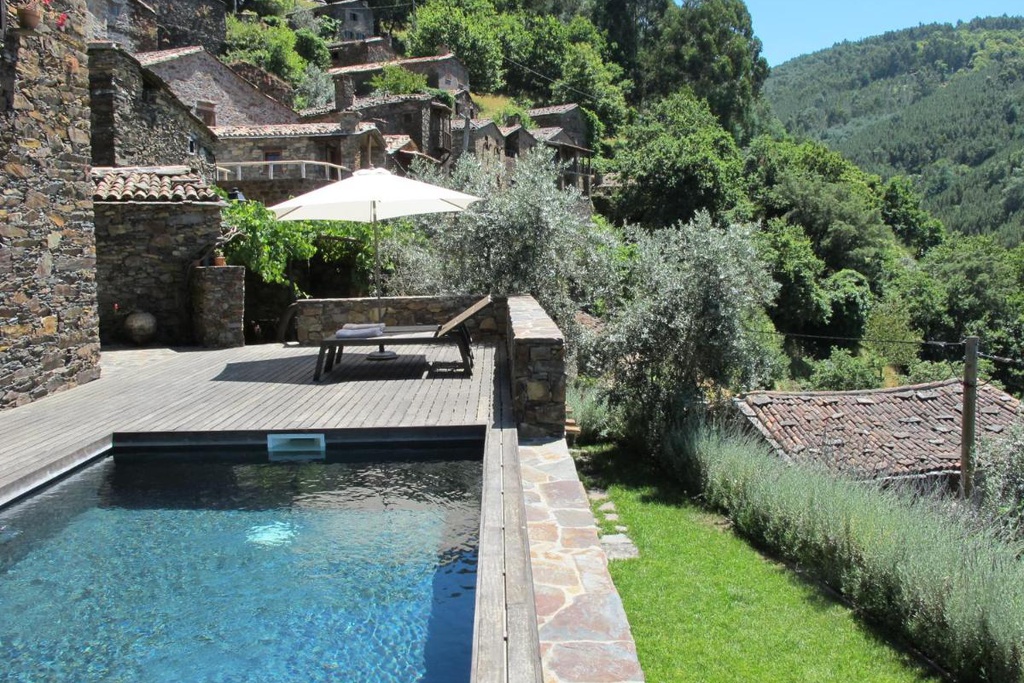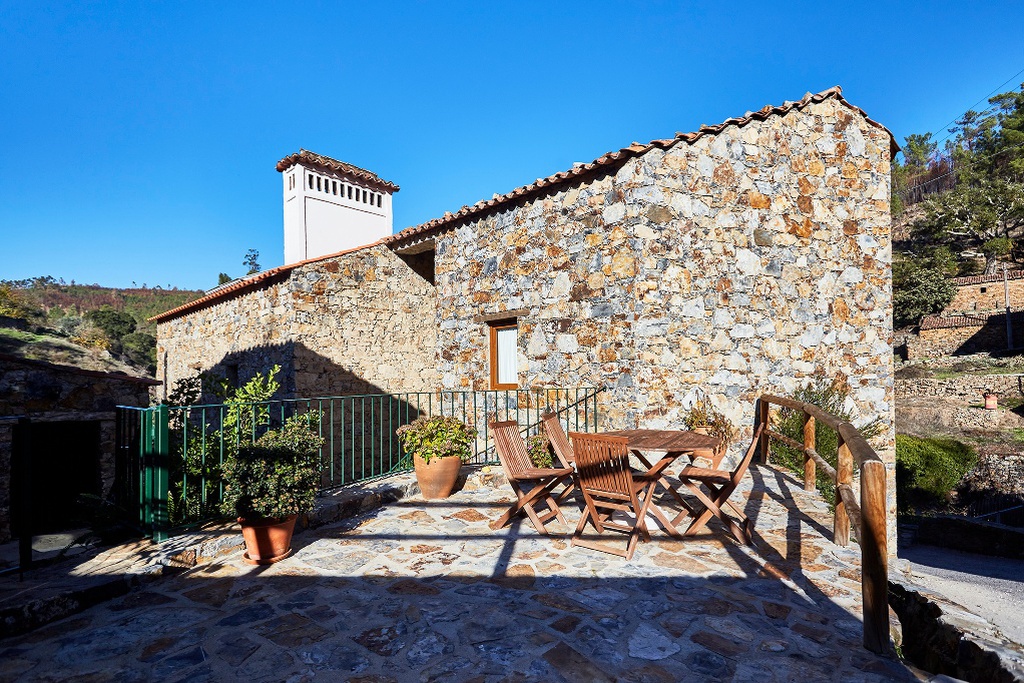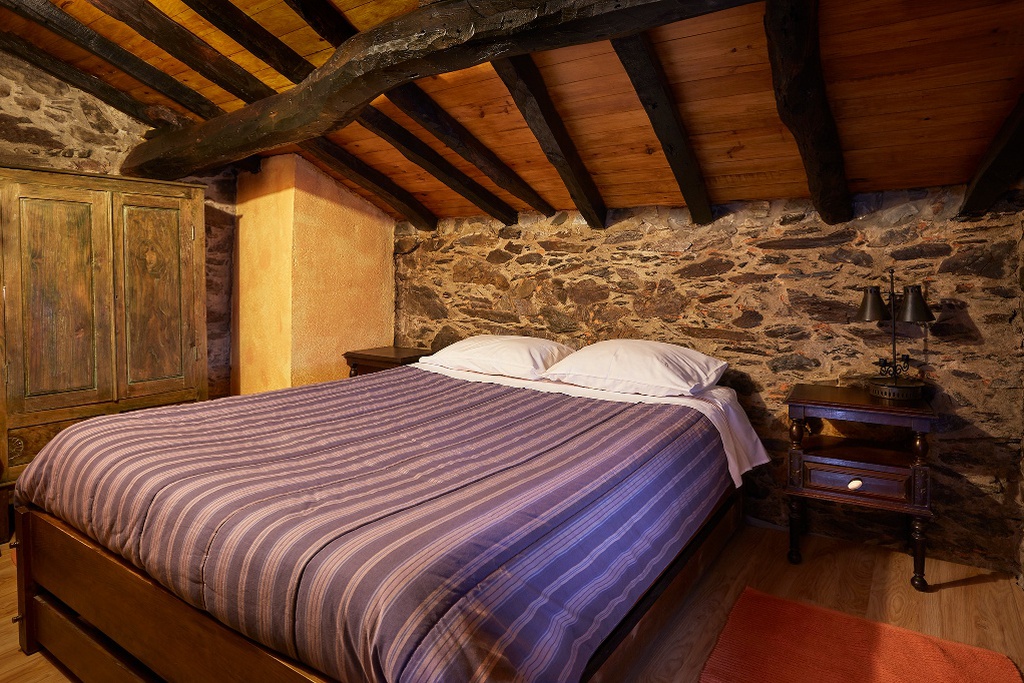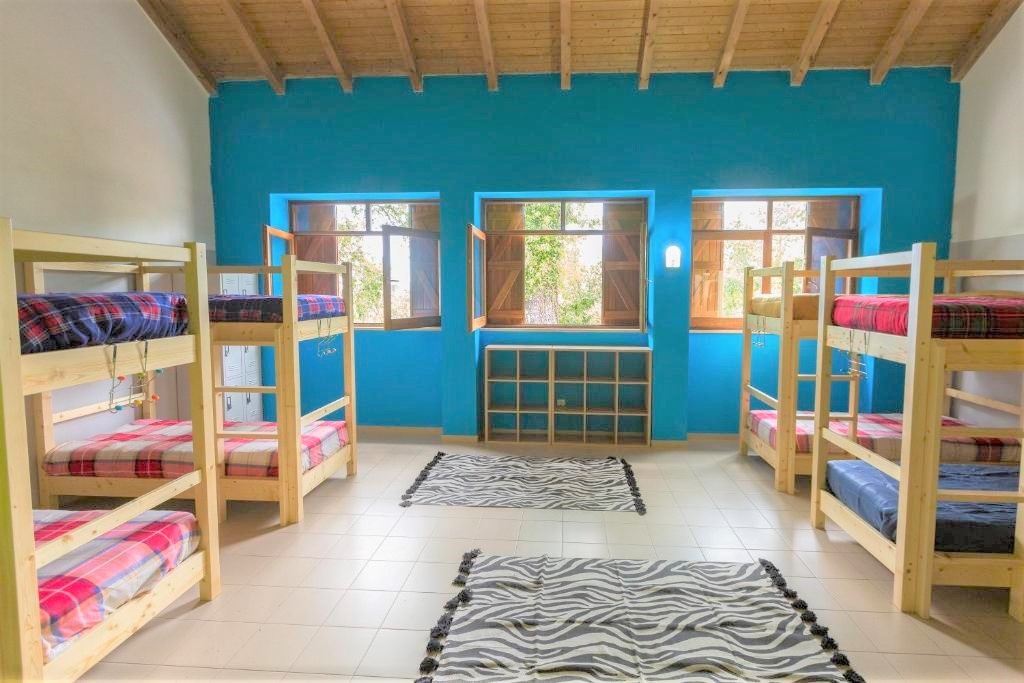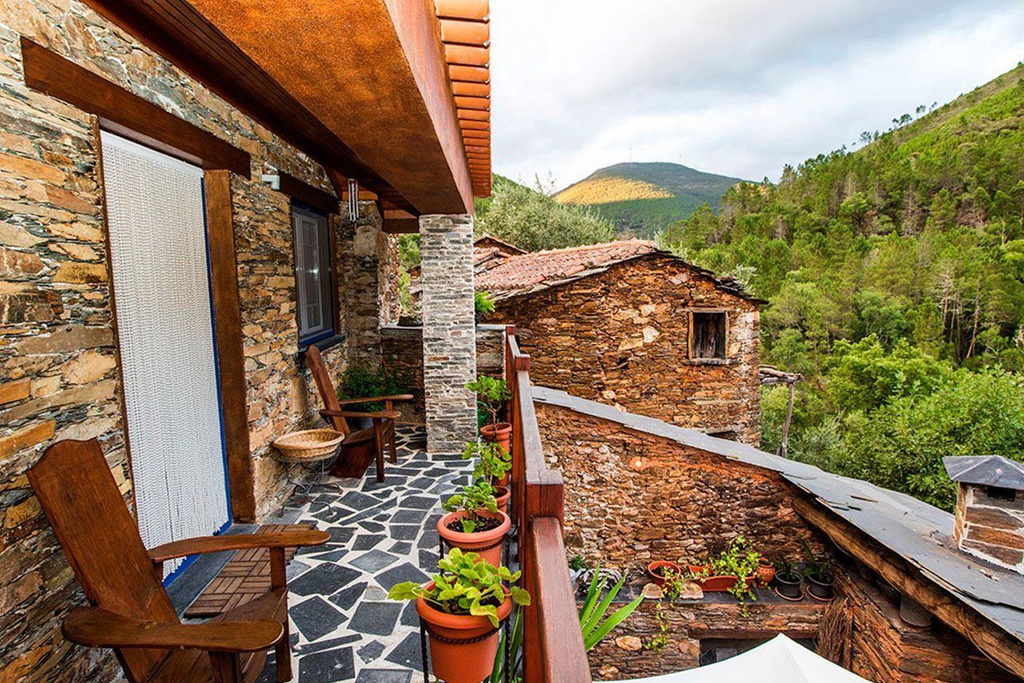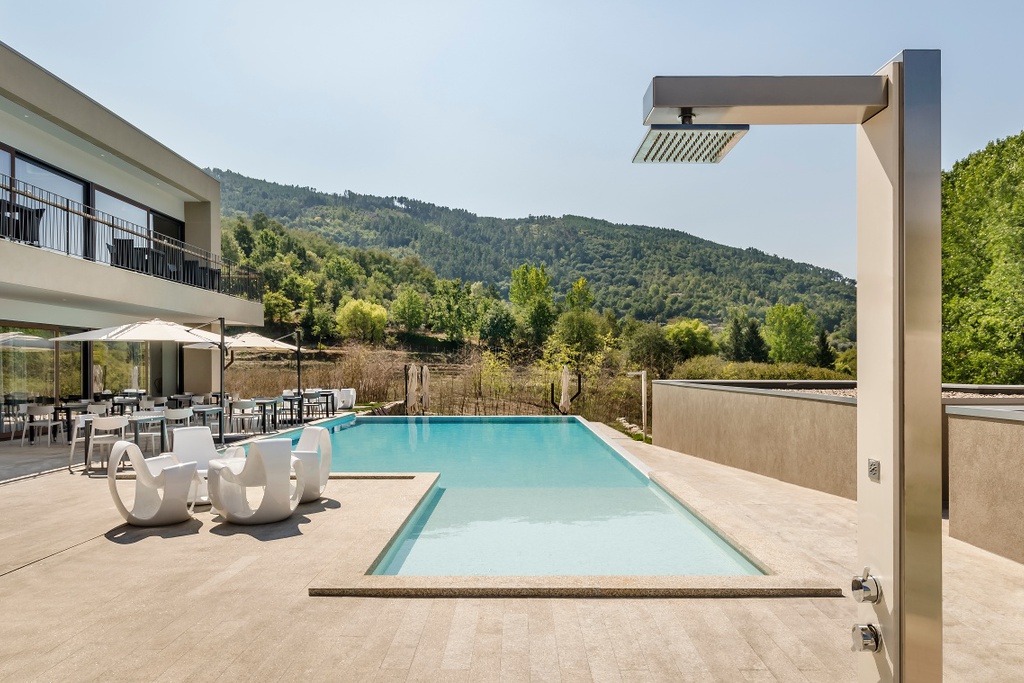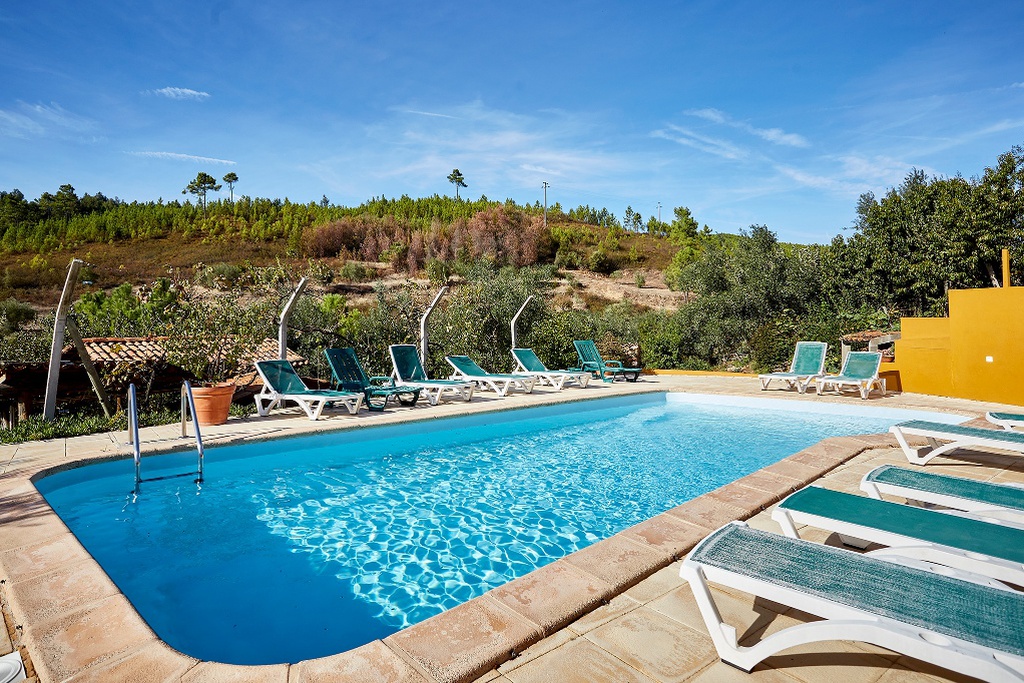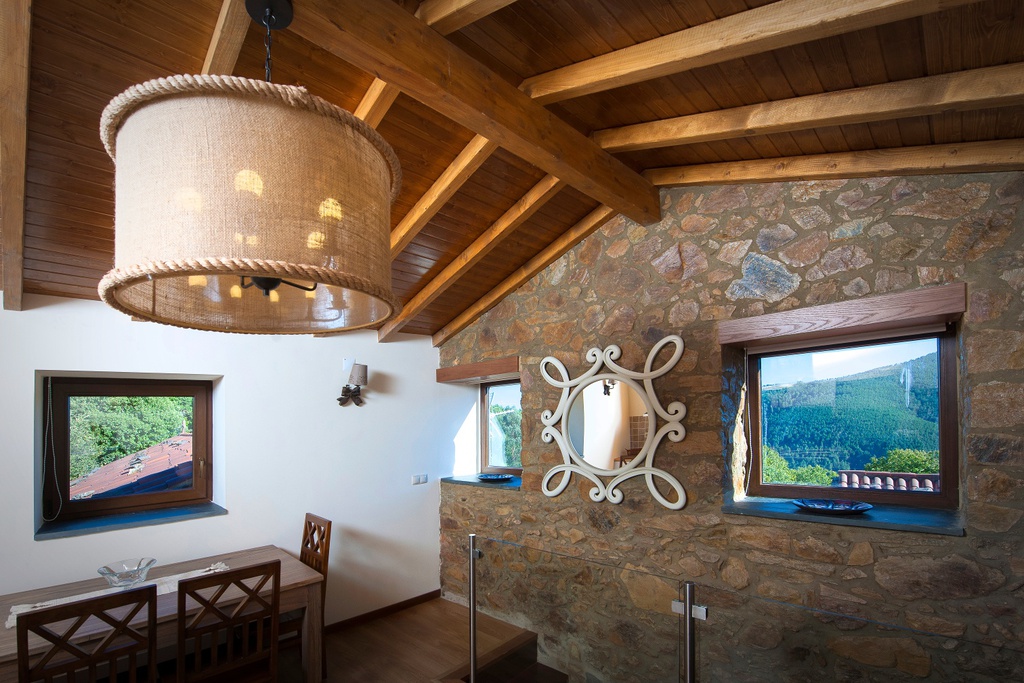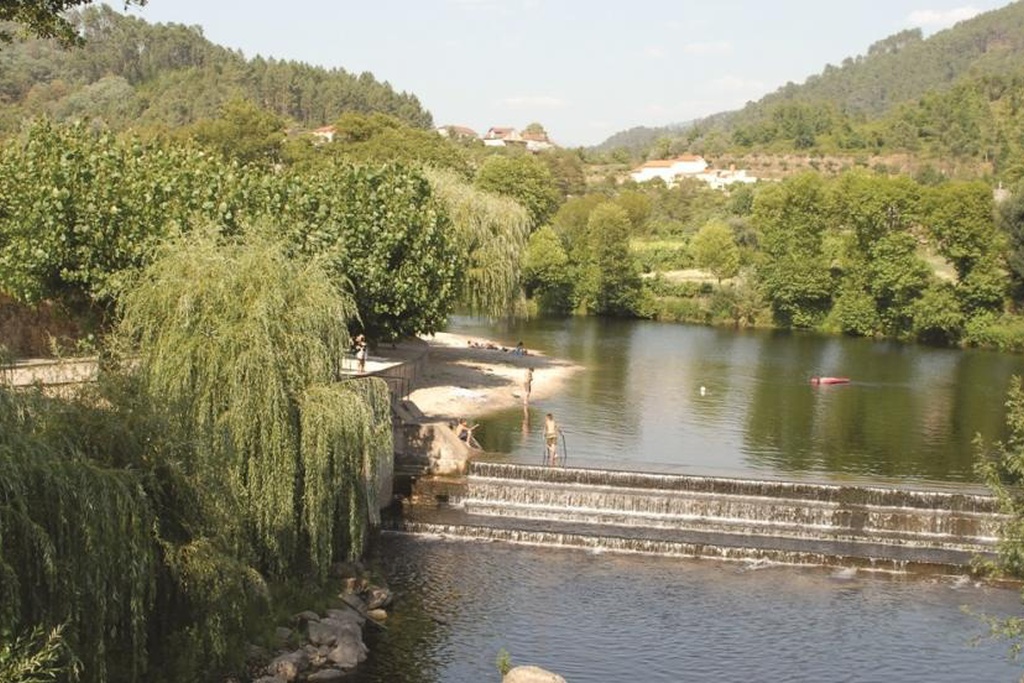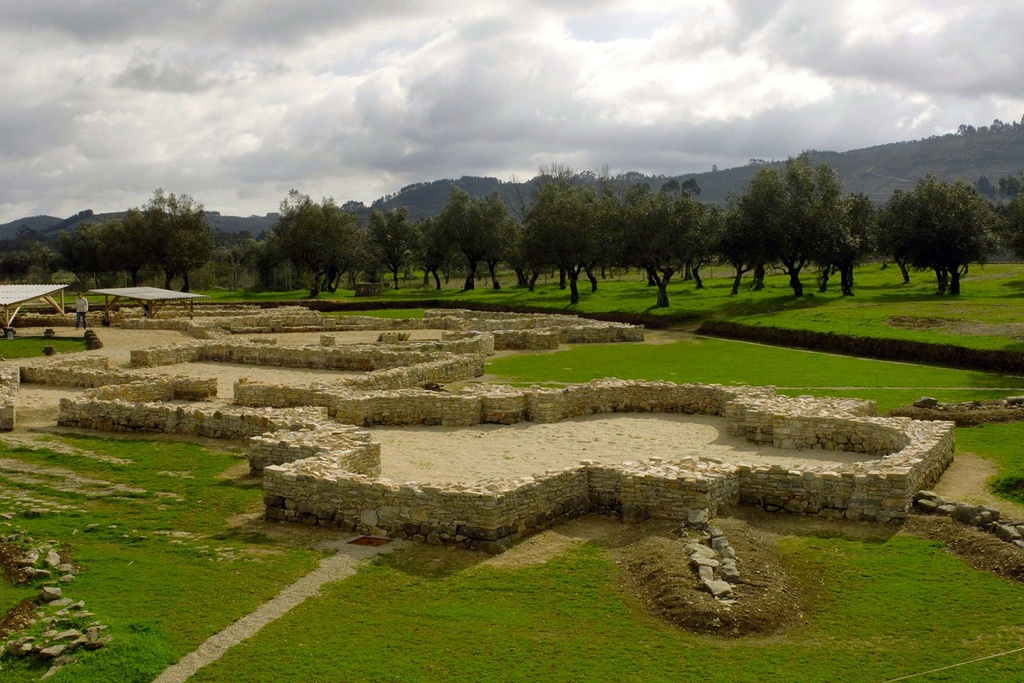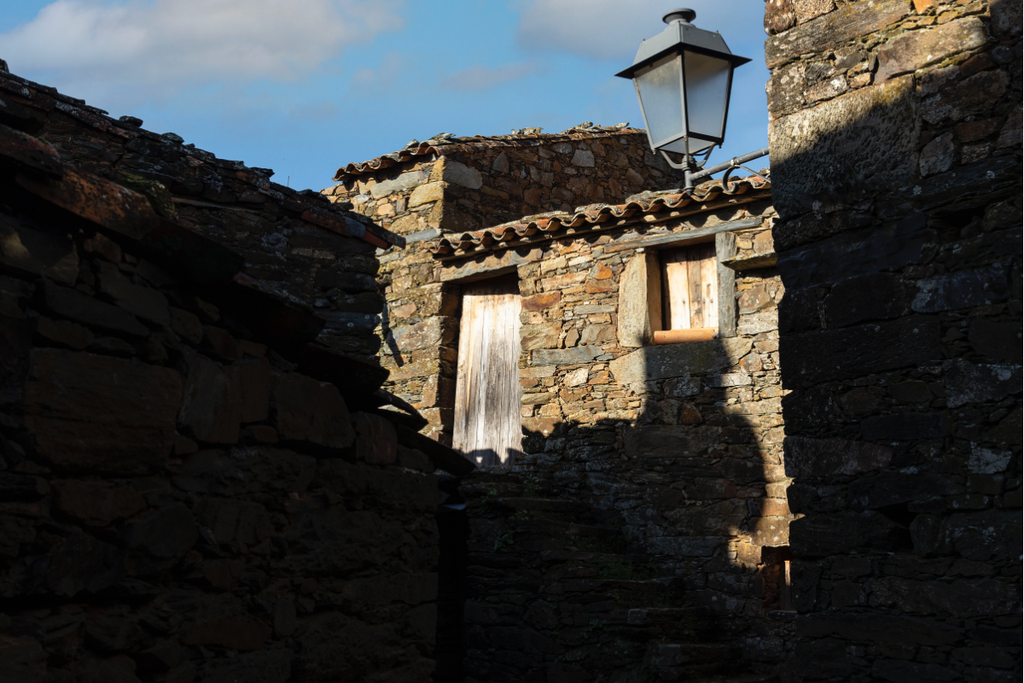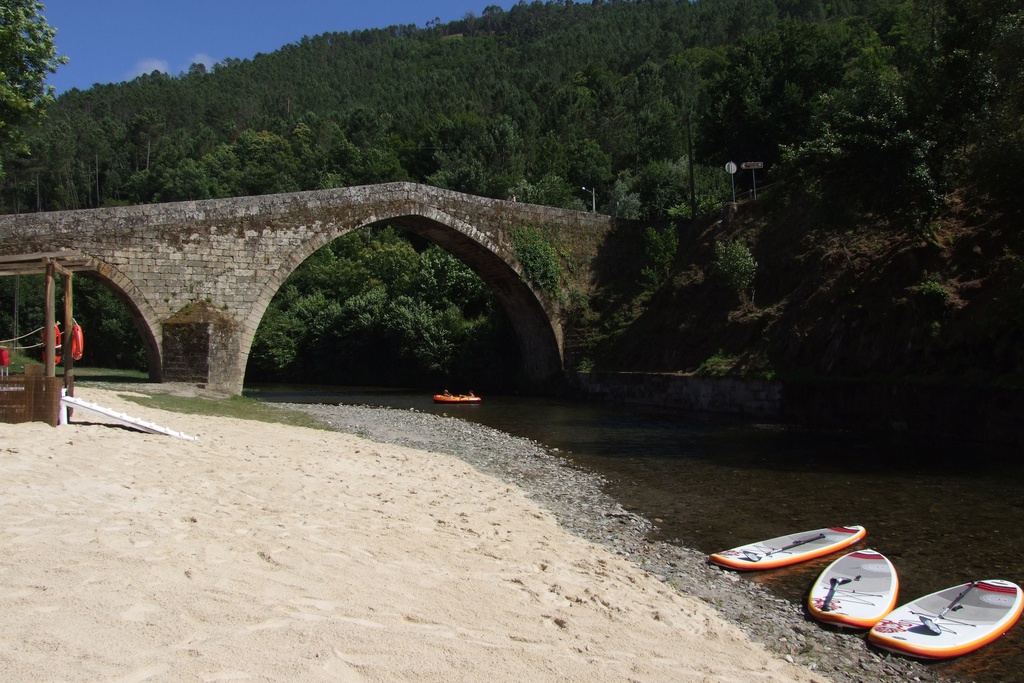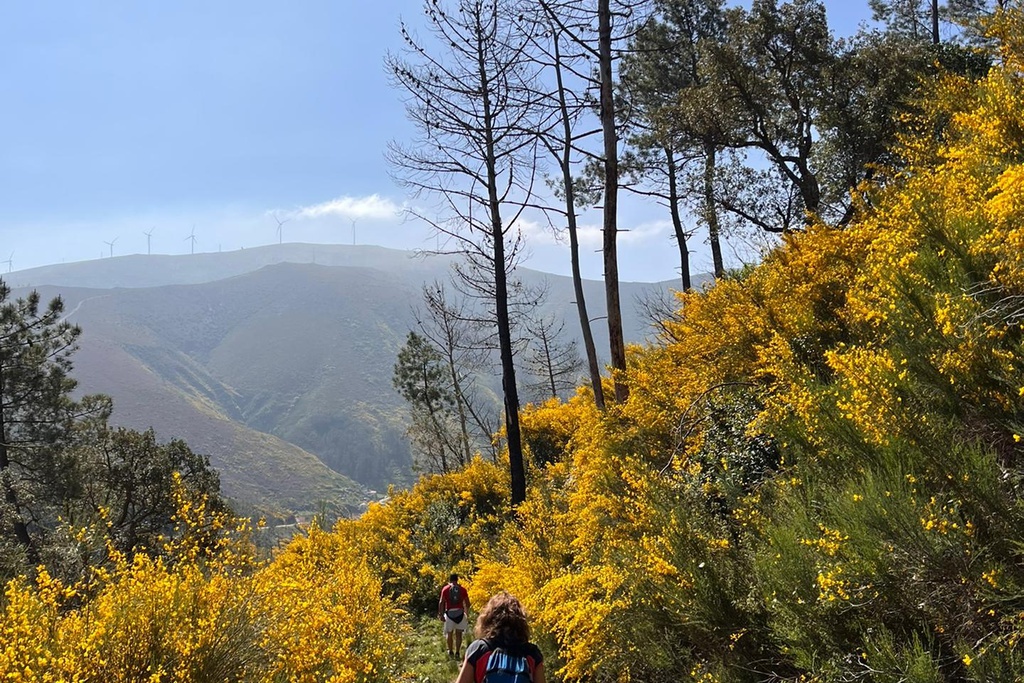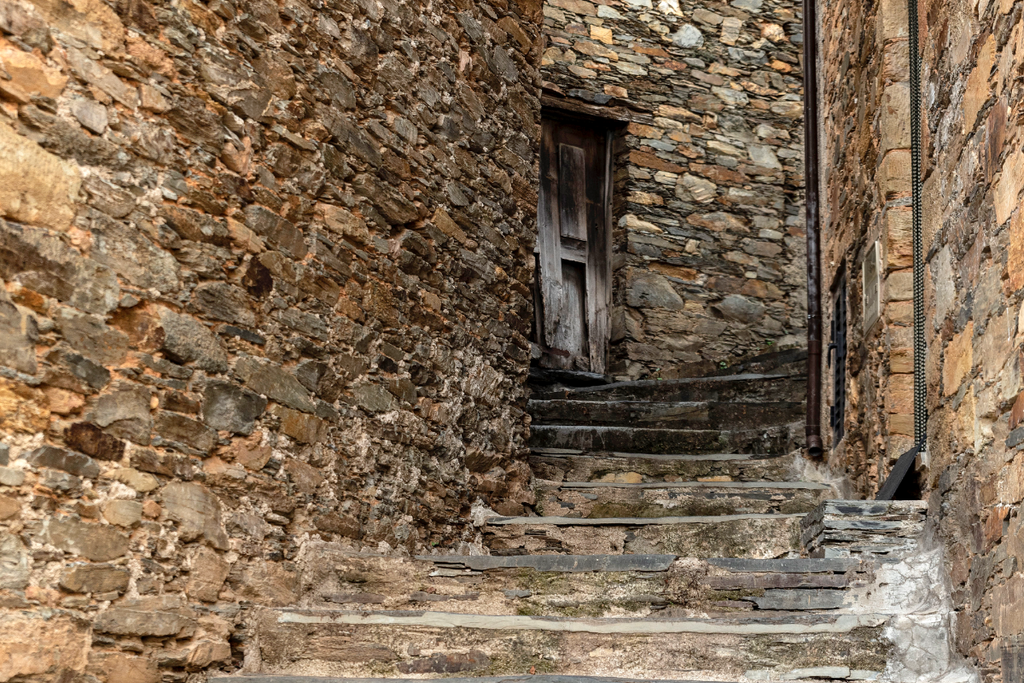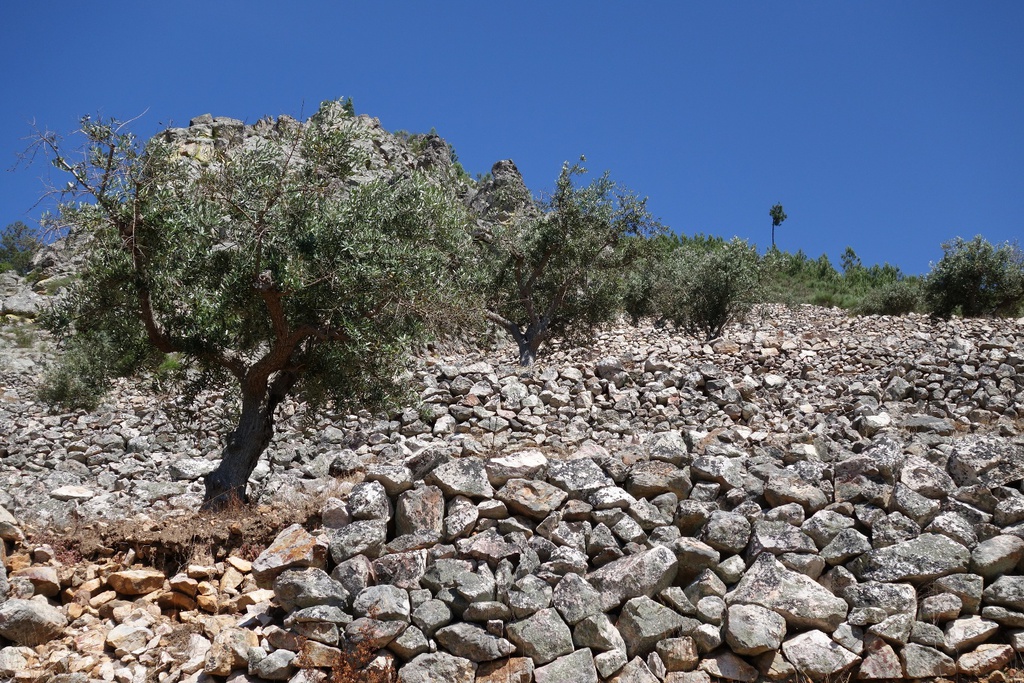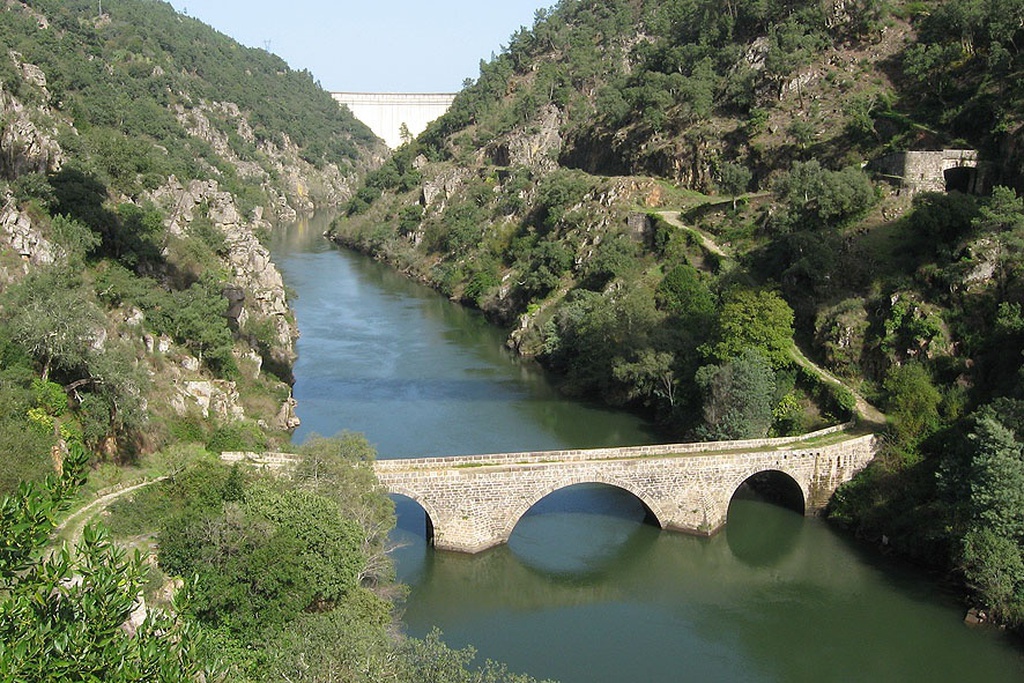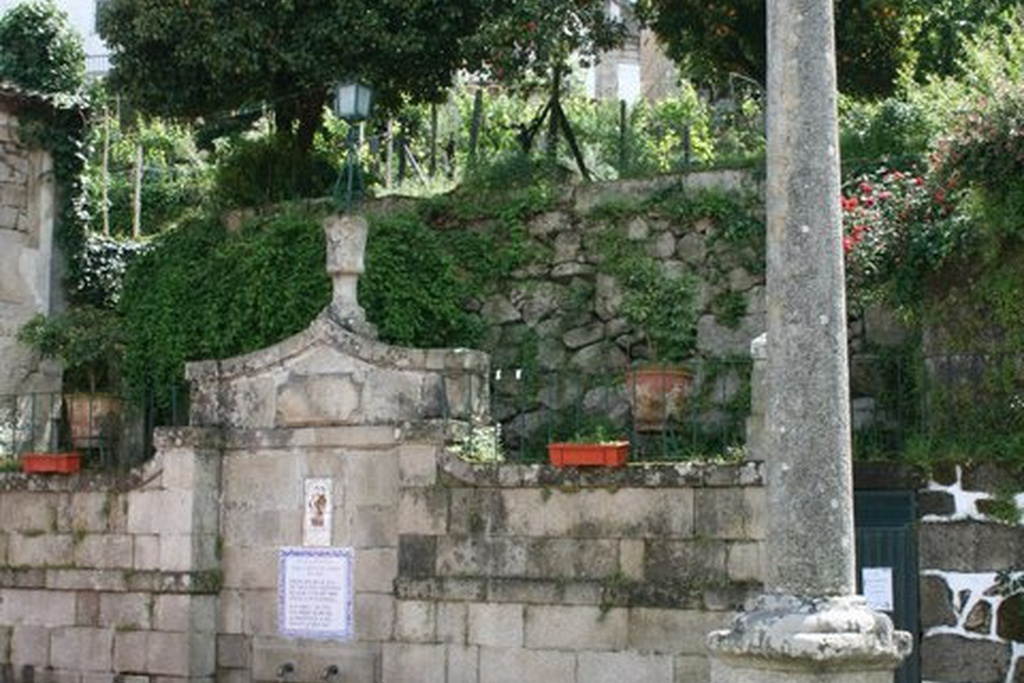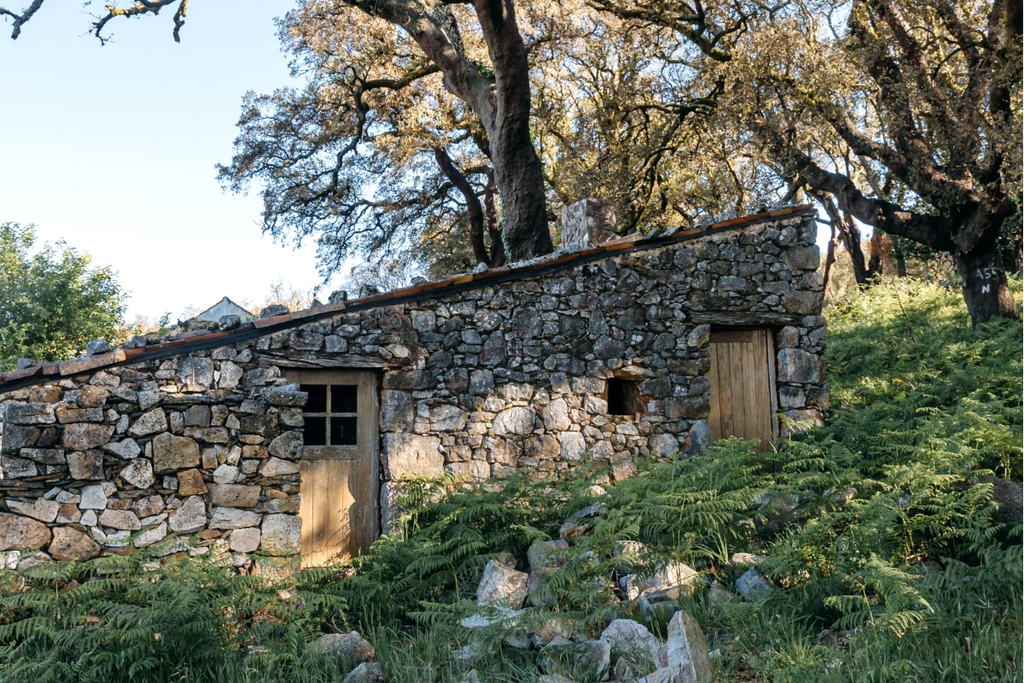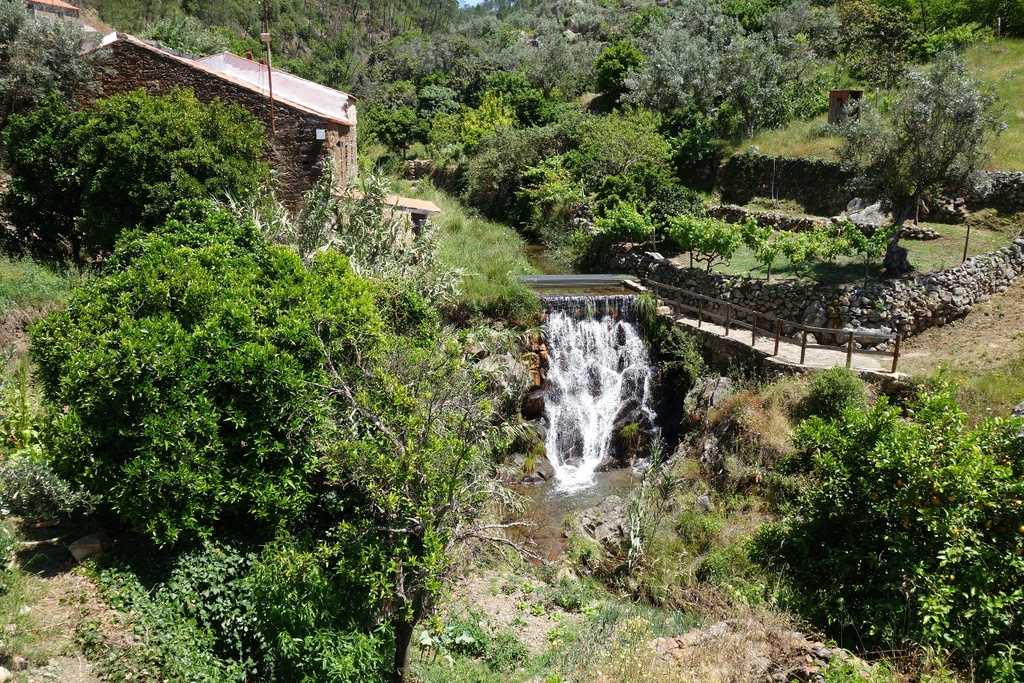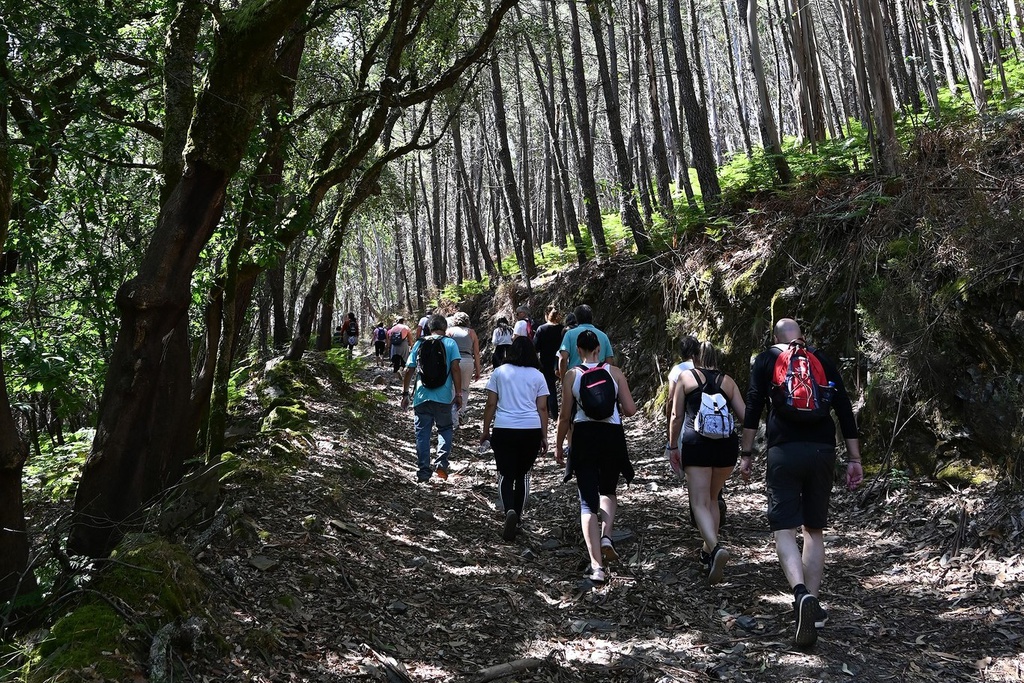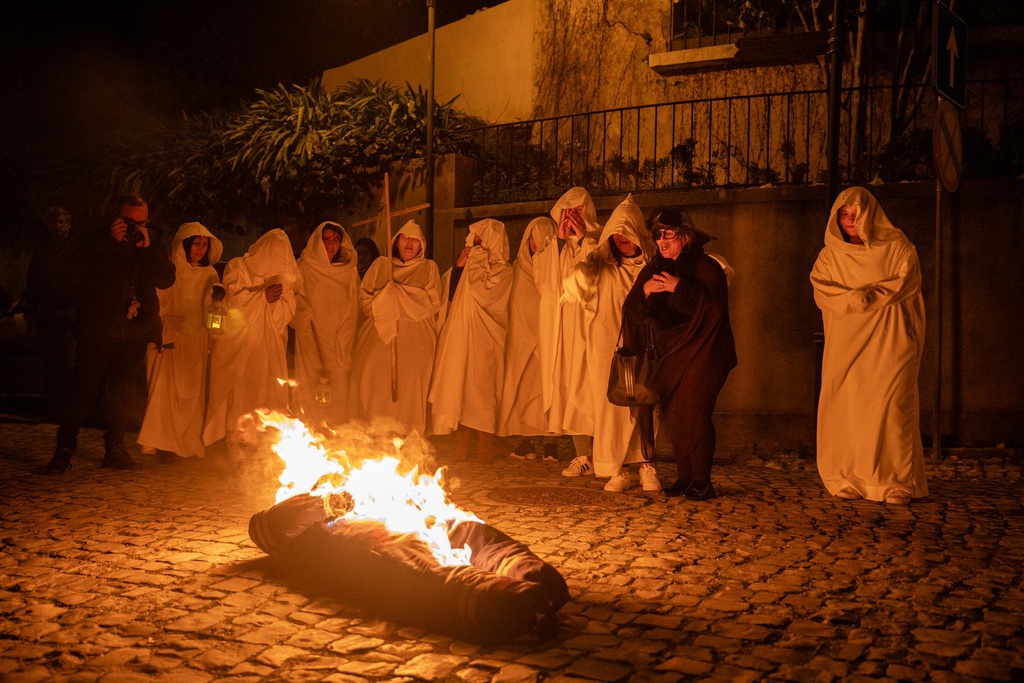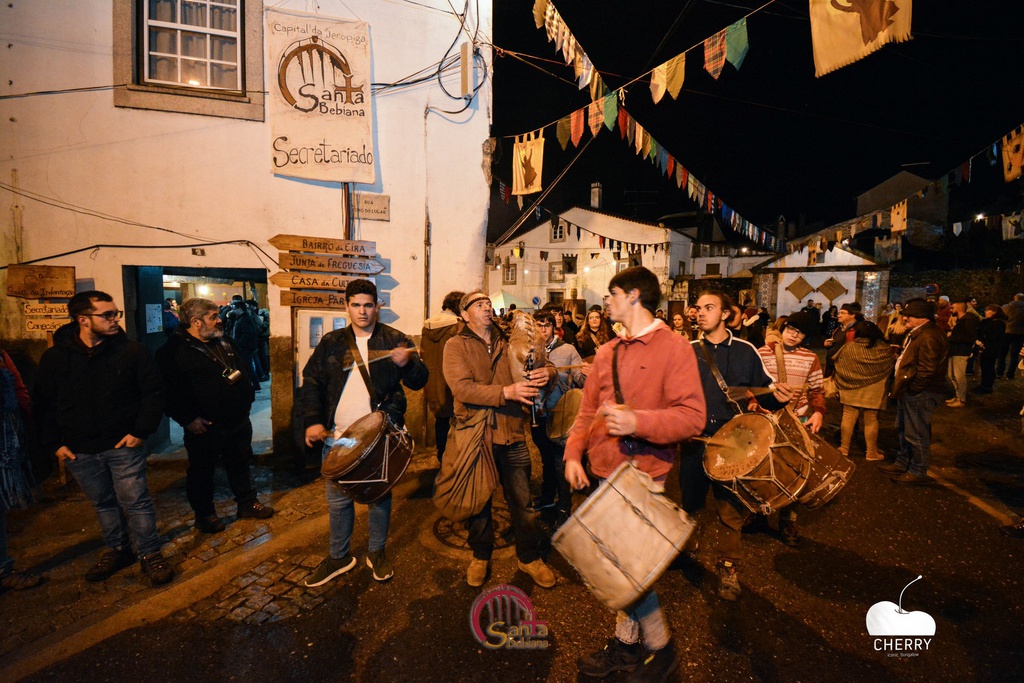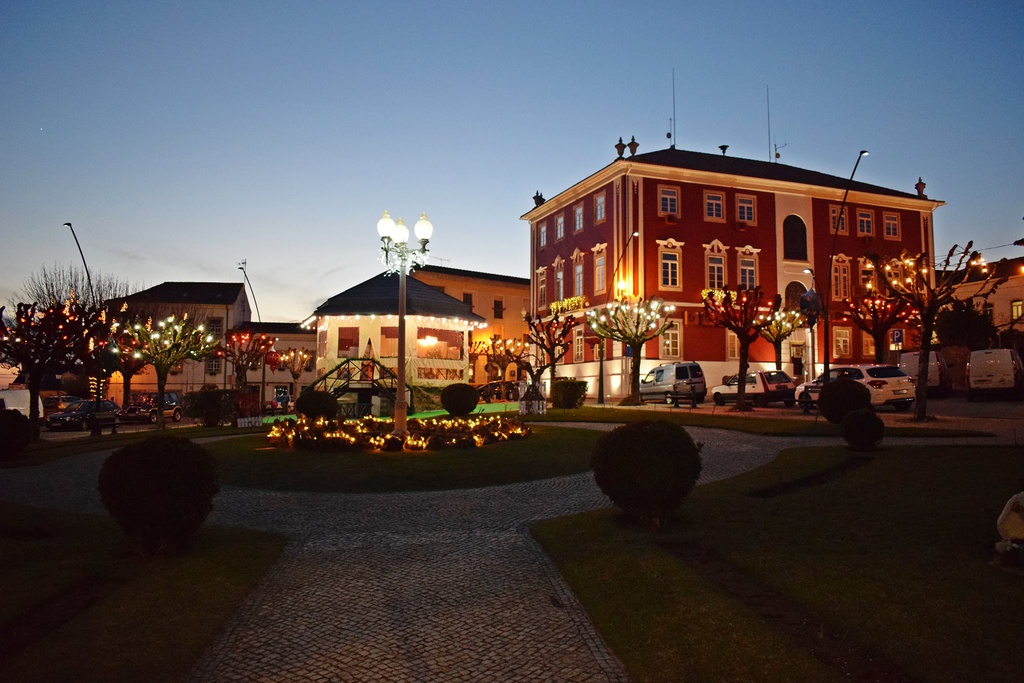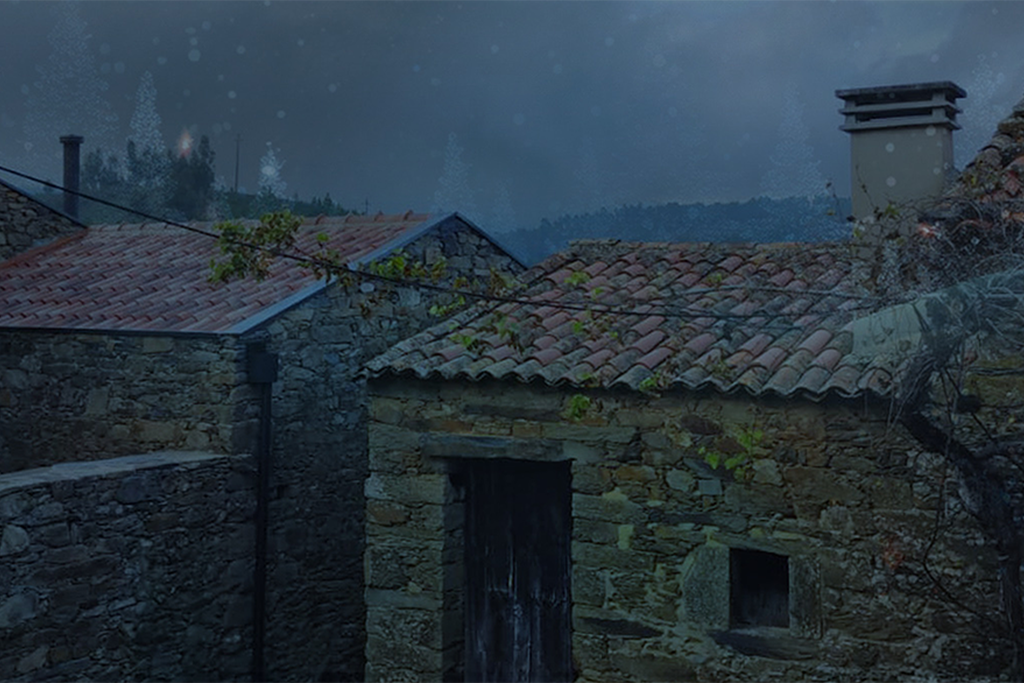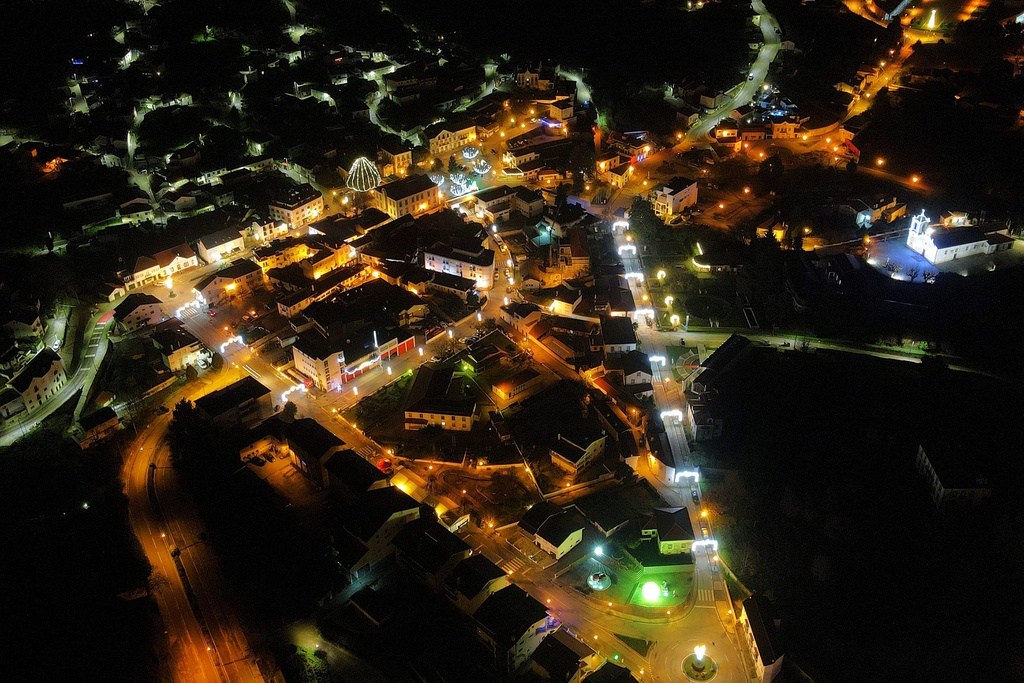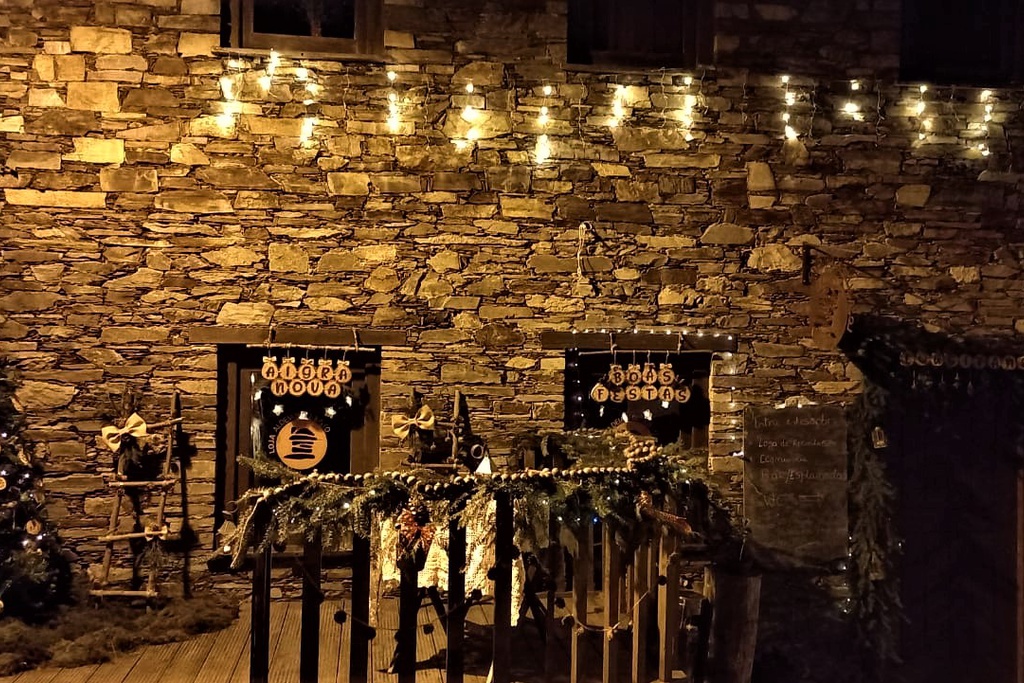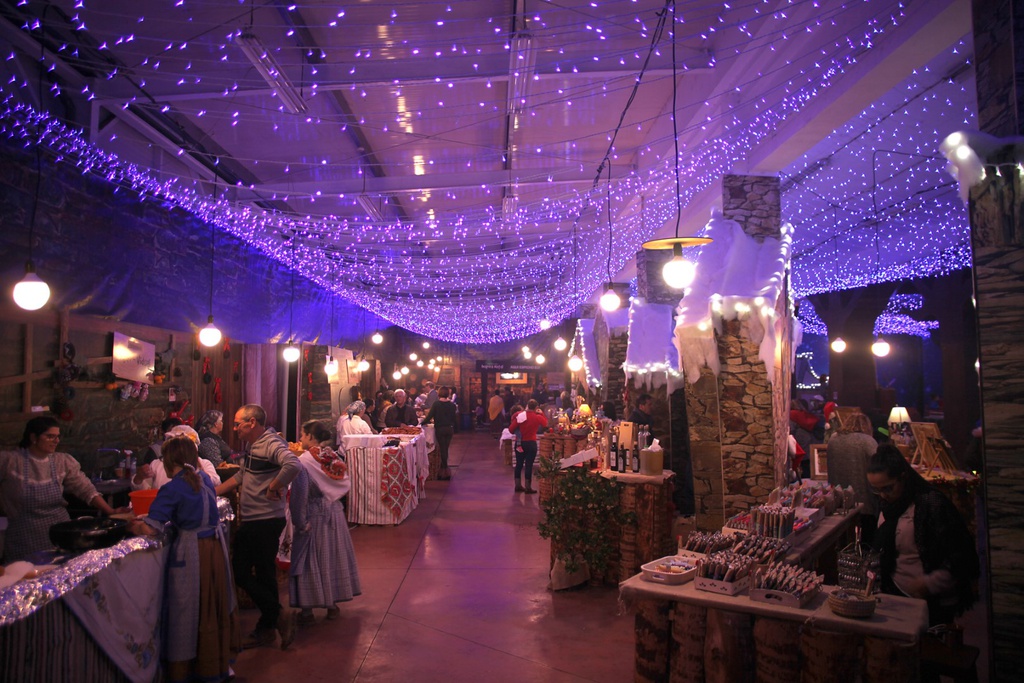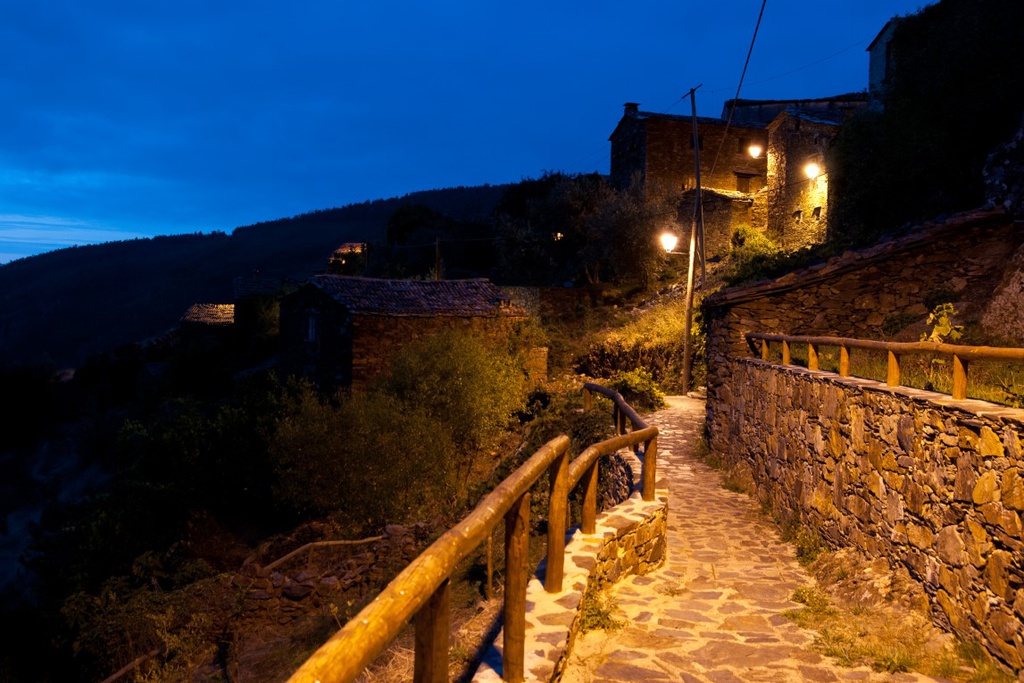At the invitation of the Italian Chamber of Commerce in Portugal, the Aldeias do Xisto welcomed a group of Argentinians, as part of the K2 - YRP - Youth Workers and Rural Heritage Promotion project, under the aegis of the Erasmus+ Programme set up by the European Union. The project, which involves Spain, Italy, Poland, Argentina and Brazil, aims to promote cultural heritage in rural areas and the importance of their economic and social development. Mari José, Sebastian and Rita shared with us their impressions about their visit to the Aldeias do Xisto.
Rita Achinelli lives in Rosario (Argentina), and works as a tourism and hotel management trainer, as well as being involved in community-based tourism projects. Her main area of interest is responsible tourism.
“The experience here in the Aldeias do Xisto was very interesting... in fact, I’m having trouble finding the right words now because I’m so moved. When a project has the ability to move people and really touch their soul, well, that says it all! All the work you are doing is very interesting, because every part of the support infrastructure has been designed to be in harmony with the places, both environmentally and culturally. And every single thing you do expresses that culture. I know it is a very difficult, time consuming and demanding job, but you have managed to think of every detail, it is clear that nothing has been done by chance and everything has been thought through with the utmost attention to detail, contributing to complete project integrity. This was a very enriching and productive experience, not just professionally but mainly in human terms, and I am returning to Argentina with more energy to consider my projects.”
Mari José Murias studied politics and specialised in urban project development and “project management”. She is dedicated to planning and managing productive projects for the social inclusion of the most vulnerable sectors of the population. She coordinates the actuation of the NEXO Productive Units Program - Opportunity in the Municipality of Rosario (Argentina), through the Secretariat for Social Development. She also works as a consultant for civic associations, entrepreneurs and small and medium businesses.
“Throughout this visit we have learnt a lot of things that fundamentally derive from being in different geographical areas: for example, there are huge economic and funding differences in Europe compared to Latin America; there are also issues regarding institutional capacity and structure based on communication that you put in place, and that enables action through rules established and recognised by all. But, essentially, what is most significant is the capacity to think of projects over a broad time span, and not for fixed periods. We are still trying to do this in pilot projects, while you have been doing it like this for a long time, which provides another scale and depth to the application of public policies from local to regional level. Another issue that is also interesting to me is practice based on a brand, a corporate identity that is recognised not only at a territorial, productive level, but fundamentally by the community itself. It is a marketing concept that, for us, is still some way away, as we have not had the context to be able to develop this. I think this is one of the key learning points about a way of thinking and building a community from the inside and the outside that is very interesting and would be very useful for us to replicate.”
Sebastian Tordul comes from a small village near Rosario (Argentina). He is an agricultural engineer and works for an intensive farming company.
“What I will remember from my visit to the Aldeias do Xisto s how they have managed, together with the residents, to preserve and at the same time transform the image of these types of communities and develop them in a sustainable way - this was the most innovative aspect that I saw throughout this whole trip, especially the connection between tourism and the growth of small economic enterprise. In fact, I believe that the key to your success is the perfect integration of private investment into the project, because it not only avoids expenditure by the state but also stimulates growth. The experience was very enriching.”
Text and photos: Bruno Ramos


